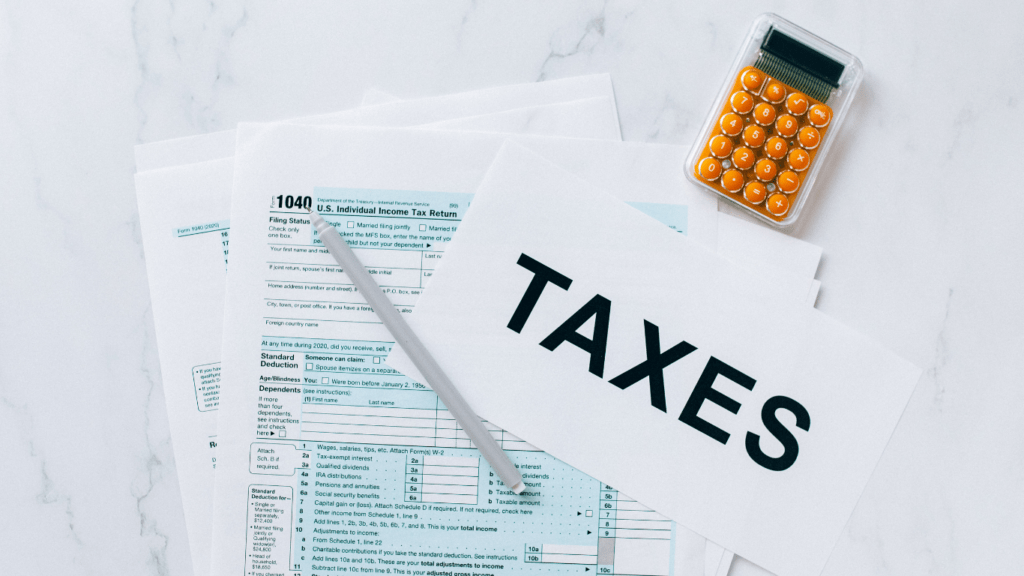As someone deeply immersed in the world of online gambling, I’ve witnessed the rise of decentralized casinos and the buzz surrounding their potential to revolutionize the industry. However, amidst the excitement lies a critical challenge that cannot be overlooked: regulatory compliance.
Navigating the complex web of regulations while embracing the decentralized nature of these platforms poses a unique dilemma for operators and players alike. In this article, I’ll delve into the intricate dance between decentralized casinos and regulatory compliance.
From exploring the advantages of decentralized systems to dissecting the hurdles of meeting regulatory requirements, we’ll uncover the delicate balance that must be struck to ensure a sustainable and legally sound future for decentralized gambling. Join me as we unravel the complexities of this evolving landscape where innovation meets regulation in the realm of decentralized casinos.
Overview of Decentralized Casinos
Regulatory Frameworks in Traditional Casinos
In exploring regulatory frameworks within the realm of traditional casinos, I’ll delve into the intricate web of compliance guidelines that govern these establishments. Here, the emphasis is on ensuring fair play, responsible gambling, and adherence to stringent legal requirements set forth by regulatory bodies.
Compliance Challenges Faced by Traditional Casinos
Navigating the regulatory landscape poses numerous challenges for traditional casinos, such as obtaining and maintaining licenses, implementing anti-money laundering measures, and managing responsible gaming practices. Adhering to these regulatory requirements demands robust systems and procedures to safeguard against illicit activities and uphold the integrity of the gambling industry.
Introduction of Decentralized Casinos
Exploring decentralized casinos reveals a dynamic landscape marked by innovation and challenges. Powered by blockchain technology, these platforms foster peer-to-peer interactions and leverage smart contracts to automate transactions, ensuring transparency, security, and fairness by eliminating intermediaries.
However, achieving regulatory compliance is a significant challenge for decentralized casinos. Balancing the advantages of decentralization with the need to adhere to legal frameworks creates complexities, while traditional casinos operate under well-established regulations designed to promote fair play and responsible gambling, highlighting the tension between technological innovation and regulatory requirements in the gambling industry.
Key Differences in Regulatory Compliance for Decentralized Casinos
Exploring the landscape of regulatory compliance for decentralized casinos unveils critical distinctions from their traditional counterparts. Decentralized casinos, leveraging blockchain technology, offer a unique framework that challenges conventional regulatory paradigms.
- Autonomous Compliance Mechanisms: Decentralized casinos utilize smart contracts to automate transactions and ensure regulatory compliance without the need for manual intervention. These autonomous mechanisms enhance transparency and efficiency, streamlining regulatory adherence.
- Pseudonymous Nature: Unlike traditional casinos that require personal identification for transactions, decentralized casinos operate with pseudonymous addresses. This characteristic presents challenges for regulatory bodies in enforcing identity verification and anti-money laundering regulations.
- Global Accessibility and Jurisdictional Challenges: Decentralized casinos, accessible globally through the internet, pose jurisdictional challenges for regulators accustomed to geographically bound oversight. Navigating compliance across multiple jurisdictions becomes a complex endeavor for decentralized platforms.
- Decentralized Governance Structures: Traditional casinos adhere to centralized governance models regulated by local authorities. In contrast, decentralized casinos operate with distributed governance structures, making it challenging for regulators to pinpoint accountability and enforce compliance measures effectively.
- Immutable Transactions and Regulatory Oversight: The immutability of blockchain transactions poses a unique challenge for regulatory oversight. Once recorded on the blockchain, transactions cannot be altered, complicating regulatory interventions for resolving disputes or enforcing compliance retroactively.
- Emerging Regulatory Frameworks: While traditional casinos operate within established regulatory frameworks, decentralized casinos exist in a rapidly evolving regulatory landscape. Regulators are tasked with adapting existing laws or building new frameworks to address the complexities of decentralized technologies.
Understanding these key differences in regulatory compliance for decentralized casinos is vital for stakeholders navigating the intersection of innovative technologies and legal obligations in the gambling industry. Balancing the benefits of decentralization with regulatory requirements remains a pivotal challenge for the sustainable growth of decentralized gambling platforms.
Impact of Decentralized Casinos on Regulatory Compliance
- Exploring the Impact: Decentralized casinos, driven by blockchain technology, revolutionize the online gambling landscape. They offer players increased transparency and security through smart contracts, which automate transactions without intermediaries, fostering fairness in gaming.
- Navigating Regulatory Challenges: Decentralized casinos encounter significant hurdles in meeting regulatory standards. Striking a balance between innovation and compliance poses a multifaceted challenge. Embracing the benefits of decentralized systems while adhering to stringent regulations requires a delicate approach.
- Comparing Compliance Frameworks: Traditional casinos operate under established regulatory frameworks that ensure fair play, responsible gambling, and legal adherence. However, decentralized casinos introduce new complexities. Leveraging blockchain technology, they create autonomous compliance mechanisms that enhance efficiency but pose challenges in identity verification and anti-money laundering efforts.
- Addressing Unique Compliance Issues: The pseudonymous nature of transactions in decentralized casinos complicates regulatory oversight, while global accessibility raises jurisdictional concerns. Decentralized governance structures differ from traditional models, making accountability and compliance enforcement more intricate. The immutability of blockchain transactions presents regulatory challenges, necessitating adaptable frameworks for effective oversight.
- Adapting to a Shifting Landscape: In a rapidly evolving regulatory environment, regulators face the task of harmonizing technological innovation with legal requirements. Strategies and considerations are essential to ensure a sustainable and compliant future for both decentralized and traditional gambling sectors. As decentralized casinos hold transformative potential, achieving regulatory compliance remains a critical issue for the industry’s progression.



 Content Strategist
Content Strategist
